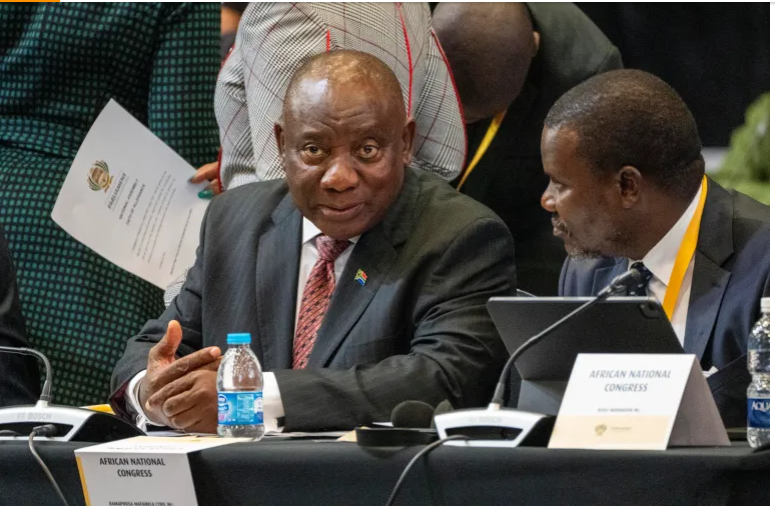 South Africa’s new school language law, introduced recently, mandates that public schools must offer instruction in at least two languages, one of which must be one of the country’s 11 official languages. The goal of the law is to promote multilingualism and ensure that students are proficient in more than one language by the time they graduate.
South Africa’s new school language law, introduced recently, mandates that public schools must offer instruction in at least two languages, one of which must be one of the country’s 11 official languages. The goal of the law is to promote multilingualism and ensure that students are proficient in more than one language by the time they graduate.
Implementation Challenges: Many schools, particularly those in under-resourced areas, face practical difficulties in implementing the new requirements. The need for additional teachers proficient in multiple languages and the development of new curriculum materials can be challenging and costly.
Equity Concerns: Critics argue that the law might exacerbate existing inequalities in the education system. Schools in wealthier areas might have the resources to meet the new requirements, while those in poorer communities might struggle, potentially widening the educational gap.
Language Choice:There is also controversy over which languages should be prioritized. Some communities feel that the law might marginalize certain indigenous languages or fail to adequately represent the linguistic diversity of South Africa.
Educational Outcomes: There are concerns about whether the new law will effectively improve students’ language skills and whether it might distract from other important aspects of education. The law reflects South Africa’s commitment to preserving linguistic diversity and fostering a multilingual society but also highlights the complexities involved in balancing these goals with practical considerations in the education system.
Ennywealth


